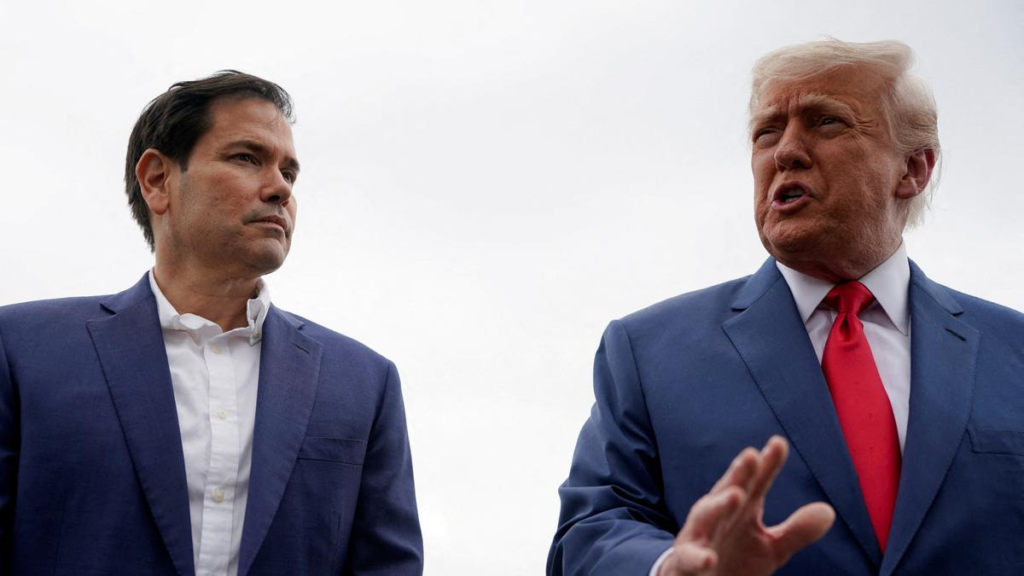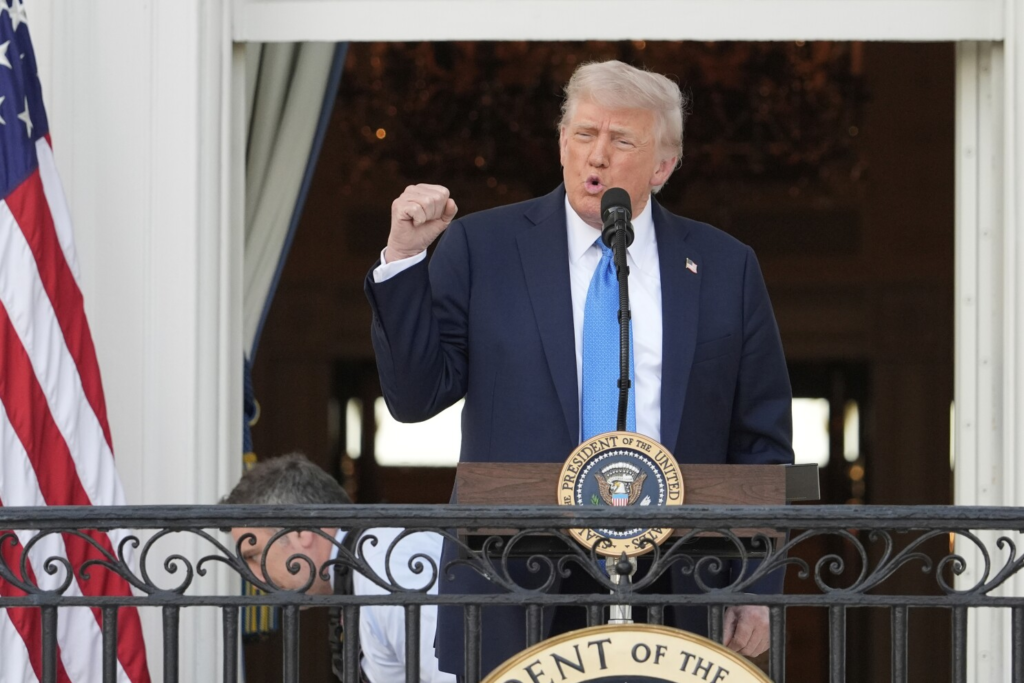In a controversial and widely discussed move, former U.S. President Donald Trump has suggested that if he returns to the White House in 2025, his administration may expand the U.S. travel ban to include 36 more countries. The news has sparked debate across international communities, immigration advocates, and policymakers.
Trump, who is the frontrunner for the Republican nomination in the 2024 U.S. presidential election, revealed this proposal during a campaign speech earlier this month. According to his statements, the expanded ban would be aimed at nations that, in his words, “do not meet proper security standards or pose a threat to American safety.”
This possible development has reignited memories of his original travel ban introduced in 2017, which drew global criticism and legal challenges.
Trump’s Travel Ban: A Quick Recap
Donald Trump first introduced a travel ban via executive order in January 2017, just a week after taking office. Commonly referred to as the “Muslim Ban” by critics, the order initially barred travelers and refugees from seven predominantly Muslim countries: Iran, Iraq, Libya, Somalia, Sudan, Syria, and Yemen.

After several court battles and revisions, the ban was eventually upheld by the U.S. Supreme Court in 2018 in a 5–4 decision. Over time, more countries were added, including Nigeria, Myanmar, Eritrea, Kyrgyzstan, and others. President Joe Biden rescinded the ban on his first day in office in January 2021.
You can read about the original travel ban on the ACLU website.
The New Proposal: What We Know
In his 2024 campaign events, Trump has been promoting what he calls “the most aggressive vetting ever.” He says the expanded ban will be based on a country’s cooperation with U.S. intelligence, threat-level evaluation, and national security interests.
While Trump has not officially listed the 36 countries under consideration, analysts suggest they may include nations from the Middle East, Africa, and South Asia — areas that were affected by the original travel ban.
According to political strategists, the plan may also target countries with large undocumented immigrant populations in the U.S. or those with histories of poor diplomatic relations with the U.S.
One of Trump’s campaign aides, speaking anonymously to Reuters, said the aim is to “prevent radical Islamic terrorism and promote stronger border control.” Critics, however, argue this move could once again be used to justify racial and religious profiling.
Global Reactions and Domestic Concerns
International reactions have been swift. Human rights organizations, including Human Rights Watch and Amnesty International, have condemned the proposal as discriminatory and damaging to global diplomacy.
In the U.S., immigrant advocacy groups such as the National Immigration Law Center and the Council on American-Islamic Relations (CAIR) have vowed to challenge the policy if implemented. “This is not about security; it’s about bigotry,” said a spokesperson from CAIR.
Travel industry leaders have also voiced concern. Airlines and tourism agencies fear this could discourage international travelers and hurt an already vulnerable industry.
“Blocking travel from so many nations will severely impact business, education, and families,” said the CEO of a major U.S. airline. “We saw what happened the last time. We shouldn’t repeat the same mistakes.”
Legal and Political Ramifications
If Trump is re-elected and proceeds with the expanded travel ban, legal challenges are certain. Advocacy groups, civil liberties organizations, and even some lawmakers have indicated they will oppose the ban in court.

Under U.S. law, the president does have the authority to restrict entry to foreign nationals if it is deemed in the country’s interest. However, critics argue that such sweeping action must be evidence-based and free from religious or racial bias.
Several Democratic senators have already called the proposal “unconstitutional” and “harmful to America’s image on the world stage.”
A bipartisan group in Congress is even drafting legislation that would limit presidential powers in issuing broad travel bans without congressional approval.
For an in-depth legal breakdown of presidential travel authority, refer to this Congressional Research Service analysis.
Public Opinion: Divided but Vocal
Public response in the U.S. remains divided. According to a recent Pew Research poll, 48% of Americans oppose the idea of expanding the travel ban, while 40% support it. The remaining respondents were undecided or lacked enough information.
Among Trump’s base, however, the idea is widely supported. At a rally in Ohio, supporters cheered as Trump declared, “We will keep America safe, no matter what the fake media says.”
Civil rights leaders warn that rising public support for such policies reflects growing nationalism and fear-mongering.
What’s Next?
As the 2024 presidential election nears, immigration policy will undoubtedly remain a central issue. Trump’s proposal to expand the travel ban to 36 more countries is likely to be a major talking point in upcoming debates.
President Biden has responded by emphasizing inclusivity and unity. “America’s strength comes from its diversity, not from shutting people out,” he said during a campaign stop in Atlanta.
Should Trump win a second term and move forward with the ban, the legal, political, and humanitarian challenges will be enormous. Until then, observers around the world will be watching closely.
For updates on this developing story, follow Reuters and CNN Politics.
Conclusion
The possibility that 36 more countries may be added to Trump’s travel ban is not just a policy decision — it’s a global flashpoint. While supporters see it as a strong stance on national security, critics view it as a return to discriminatory governance. With the 2024 elections approaching, this controversial proposal is bound to stay in the spotlight.
Also Read – Trump Launches ‘Trump Mobile’ to Rival Liberal Tech Giants






